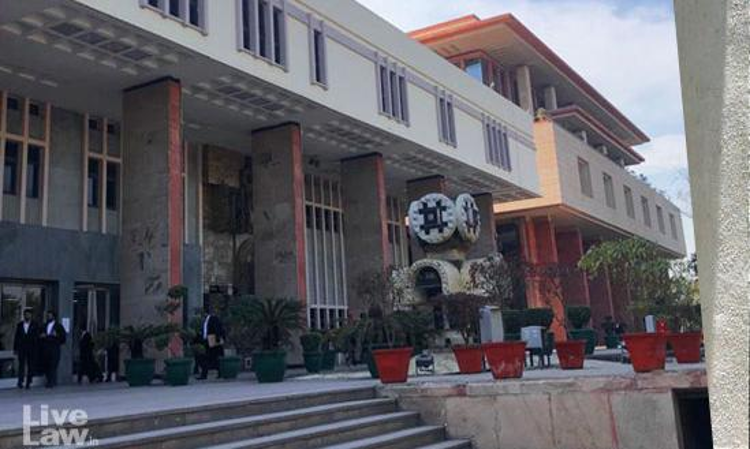State Can Impose Reasonable Restrictions In Freedom Of Contract & Trade: Delhi High Court
Suhavi Arya
13 Jan 2022 1:00 PM IST

It thus upheld the guidelines issued by Oil Companies, instrumentalities of State, for benefit of fuel pump employees.
Next Story


